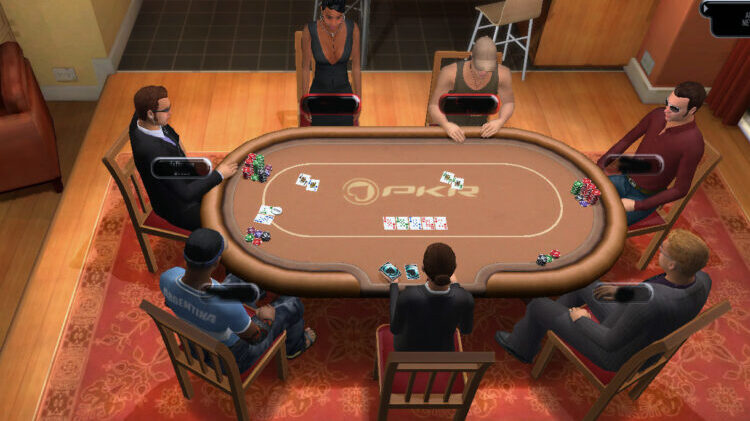Online poker has revolutionized the way we play this classic game. It’s not just about having the best hand anymore; it’s about outsmarting your opponents, often without ever seeing their faces. This brings us to the crux of online poker – the art of bluffing and the science of identifying tells. In this virtual card room, these skills are not just important; they’re essential. Online poker, with its unique challenges, demands a heightened level of proficiency in these areas.
Page Contents
The Absence of Physical Cues
One of the most striking differences in online poker is the absence of physical presence. You can’t see the nervous twitch of an opponent or the confident smirk when they have a strong hand. This lack of physical tells means we need to be more astute in other ways.
It’s about reading into the subtleties of their game play, which isn’t always straightforward. In this environment, developing alternative strategies becomes crucial. For instance, on platforms like Jet77, players often rely on pattern recognition and betting behavior to gauge their opponents’ hands.
Increased Reliance on Behavioral Clues

Source: gamesreviews.com
Timing and bet sizing become your primary tells. These behavioral clues are subtle yet powerful. A delayed response or a sudden increase in bet size can speak volumes. Betting patterns are like a hidden language in online poker.
They can indicate a bluff or a strong hand, and interpreting these patterns correctly can give you a significant edge. For example, a player who consistently raises on the turn might be bluffing, trying to scare off opponents with weaker hands.
The Role of Technology
On one hand, tools like artificial intelligence (AI) and tracking software can provide valuable insights into opponents’ playing styles, helping in identifying tells. These tools analyze patterns in bet sizing, frequency of plays, and other metrics to give a statistical overview of a player’s behavior.
On the other hand, players must adapt their strategies to avoid becoming predictable, as others might also be using similar technologies to read their game.
Psychological Aspects of Online Poker

Source: ifistanbul.com
Bluffing in online poker is as much a psychological game as it is a strategic one. Without physical presence, players must rely on their wits to outsmart opponents. This involves understanding human psychology and using it to your advantage.
For instance, projecting confidence through aggressive betting can intimidate opponents, even if your hand isn’t strong. Similarly, exploiting opponents’ psychological weaknesses, like their tendency to fold under pressure, can be an effective strategy in the virtual setting.
The Importance of Adaptability
Adaptability is key in online poker. The most successful players are those who can evolve their strategies to suit the virtual environment. They are quick to pick up on new trends and tells, adjusting their play accordingly. There are numerous stories of players who have mastered the art of online bluffing and tell identification, turning these skills into a formidable weapon at the virtual table.





